Accreditations and Endorsements
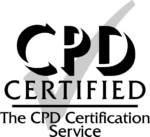


Physical harm can take many forms. It is perhaps best defined as any action or deliberate physical force which results, or could result, in injury to someone. This module introduces the signs and indicators of physical harm and abuse through a series of case studies and knowledge checks.
Emphasis is placed on the importance and relevance of agencies working together in cases of physical harm. Guidance is provided for those working with young people and children on how to recognise the risk factors that can lead to physical abuse.
Learning Outcomes for this module include:

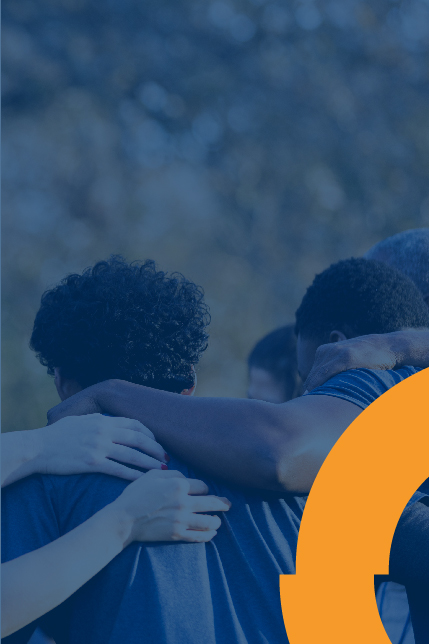




Welcome to this course on trauma awareness. You will find out about different types of trauma, recognise trauma responses in young people, and learn […]
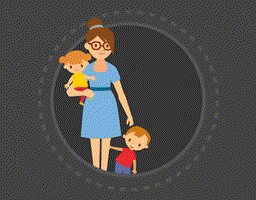
Welcome to this e-learning module. This module outlines your key responsibilities as a social worker within child protection processes, and highlights the importance of […]
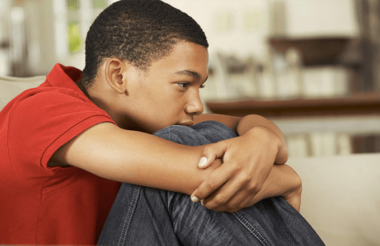
In this lesson we’ll look at Children’s DoL (Deprivation of Liberty), what it is and how to apply this in practice.

This lesson is designed for anyone who requires an intermediate understanding of autism and the support autistic people may need.

This lesson is designed for anyone who requires a general understanding of autism and the support autistic people may need and meets the requirements of the Core Capabilities Framework for Supporting Autistic People (2019).

This module has been created in co-production between a social care professional and an expert by experience who has Down’s Syndrome. We have also […]

The National Skills Academy for Social Care Leadership Qualities Framework (LQF) sets out what good quality leadership should be for both individuals and organisations. […]
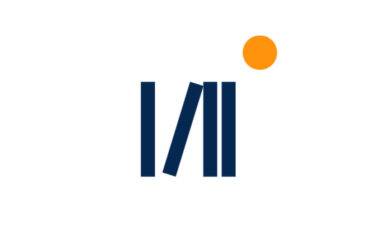
Supervision is a three-way partnership between the organisation you work for, the supervisor and those they supervise (supervisees). It involves all parties working together […]




Child sexual abuse is an especially complicated form of abuse because of its layers of deceit. This module looks at the signs and impacts […]

Self-harm is an extremely complex issue, both for those who self-harm and the professionals who support them. This module looks specifically at individuals who […]

Record keeping, and keeping good quality case notes, are central to the processes of assessment, decision-making, service planning and delivery.. Learning Outcomes for this […]

The Public Law Outline (PLO) is a statutory timescale put in place by the Children and Families Act (2014). This module will help you […]

Radicalisation is defined as the process by which someone comes to support terrorism and violent extremism and, in some cases, to participate in terrorist […]

Young people with additional needs, such as behavioural problems, substance misuse issues or learning needs, can sometimes display challenging behaviour. Positive Behaviour Support (or […]

In this module we explore the roles of the various organisations that make up Multi-Agency Forums within the child protection process. All local authorities […]

Neglect is not always easy to identify by professionals. This module aims to help professionals identify the signs, indicators, symptoms and risk factors associated […]

Within social care settings, life story work is a term used to describe a biographical approach that offers children and young people an opportunity […]

This module will introduce you to various leadership styles, including democratic and transactional. You will also learn about a number of different leadership theories. […]

Forced marriage is a form of honour based violence. It occurs when a marriage takes place without the free consent of the people getting […]

Female genital mutilation (FGM) has many names. It is often called female circumcision or ‘cutting’. Whatever name it goes under, the practice refers to […]

This course looks at the signs and symptoms of emotional abuse as well as how agencies can work together to identify it. A series […]

The Early help for children and families and Team Around the Family (TAF) provide a standardised approach to assessing and supporting children and families […]

Domestic abuse is any incident or pattern of incidents of controlling, coercive or threatening behaviour, violence or abuse between those aged 16 or over […]

In this module, we’ll explore the ways children, young people and vulnerable adults are exploited by criminal activity and give you mechanisms to safeguard […]

As a social worker, one of your roles will be to work with cases in care proceedings. By making sure that you have all […]

Coercive control is when a partner or family member continually behaves in a way which makes a person feel controlled, threatened, isolated or scared. […]

Child protection processes are an essential framework to safeguard and promote the welfare of children. This module looks at the Section 47 Enquiry, how […]

This course looks at the process that occurs following a Section 47 Enquiry and the types of abuse that may instigate such an investigation. […]

This is a prevalent topic for those working within the field of social care, and this course aims to give an overview of what […]

The World Health Organization (WHO) regards childhood obesity as one of the most serious global public health challenges for the 21st century. So how […]

Children with disabilities are especially vulnerable to risk. This course explores why this is and how to effectively safeguard them while ensuring they have […]

If you’d like temporary access to this collection, or to discuss it with a member of the team, fill out the form below.
"*" indicates required fields
Products that work beautifully on their own and seamlessly when you put them together